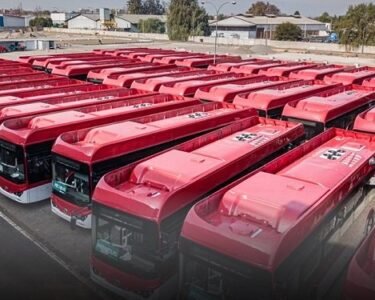In a significant development ahead of Pakistan’s Budget 2025–26, the International Monetary Fund (IMF) has recommended lifting the ban on the commercial import of vehicles. This move is expected to lower car prices in Pakistan and bring much-needed relief to consumers facing rising costs of locally assembled vehicles.
According to reliable sources within the Finance Ministry, the IMF has urged Pakistan to finalize legislation by July 2025 that would allow the import of used cars up to five years old. This is a major shift from the 2022 Import Policy Order, which limited used car imports to those not older than three years.
Key Highlights of the Proposed Car Import Policy
- Used cars up to five years old will be eligible for commercial import.
- The legislation must be passed by June 2025 to meet IMF conditions.
- The move is part of the IMF’s staff-level agreement with Pakistan.
- Car prices in Pakistan are expected to drop due to increased competition.
- Local auto manufacturers and parts suppliers may face challenges.
Impact on Consumers and the Auto Industry
This policy change is expected to benefit Pakistani car buyers by increasing the supply of affordable, high-quality used vehicles. Consumers will have access to a wider variety of models, especially in the mid-range and compact car segments, which have traditionally been underserved by local manufacturers.
However, the proposed Pakistan car import policy 2025 has raised concerns among local automakers and parts manufacturers. Industry insiders fear that cheaper imports could undercut locally produced vehicles, potentially leading to a decline in domestic production and job losses within the auto sector.
IMF’s Role in Shaping Import Legislation
The IMF has made this legislative reform mandatory for Pakistan as part of its broader fiscal and economic stabilization goals. The organization believes that liberalizing vehicle imports aligns with global trade practices and can help reduce inflationary pressures by promoting market competition.
With the legislation deadline fast approaching, the government is expected to present the proposed policy before Parliament as part of the 2025–26 federal budget package.
What This Means for Car Buyers in Pakistan?
If the Pakistan car import policy 2025 is enacted, it will represent a transformative shift in the country’s automotive landscape. By lifting the commercial vehicle import ban, the government may successfully lower car prices, improve consumer choice, and meet critical IMF obligations.
While challenges remain for local manufacturers, the overall impact on consumers is expected to be positive—ushering in a more competitive and dynamic automotive market in Pakistan.






